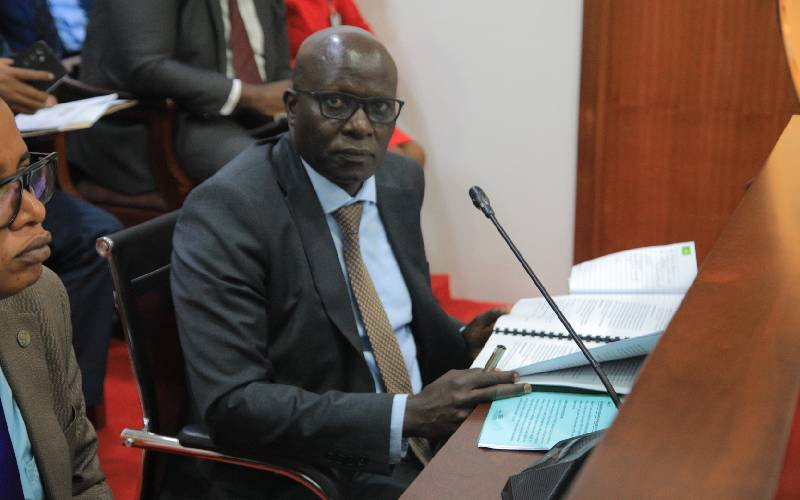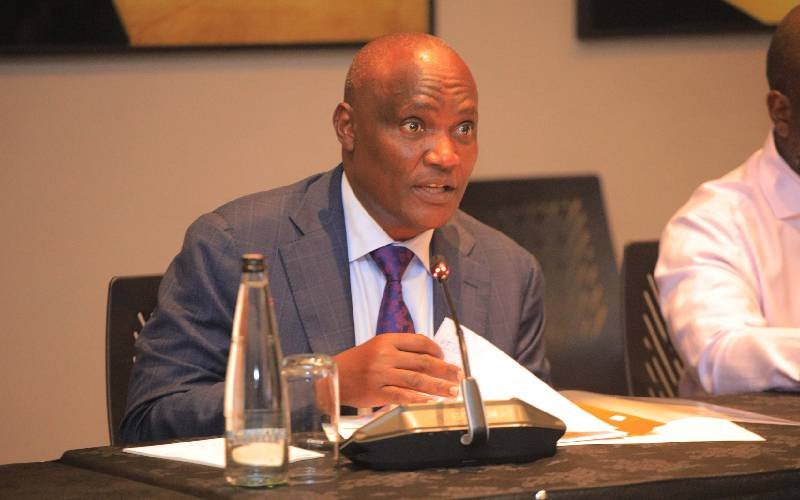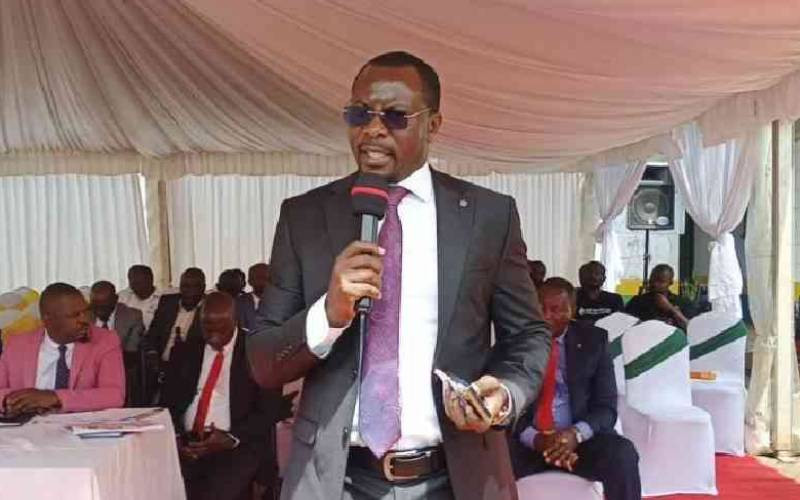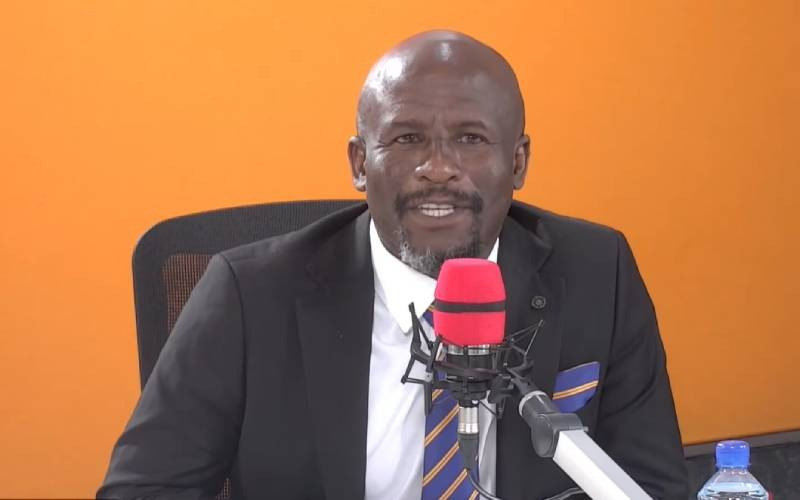×
The Standard e-Paper
Join Thousands Daily

One of the most intriguing things about President Uhuru Kenyatta is his ability to communicate fluently in English, Kiswahili as well as his native Kikuyu language. It is impressive how effortlessly he can deliver a speech in either of the languages.







